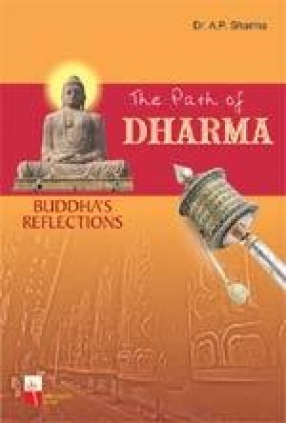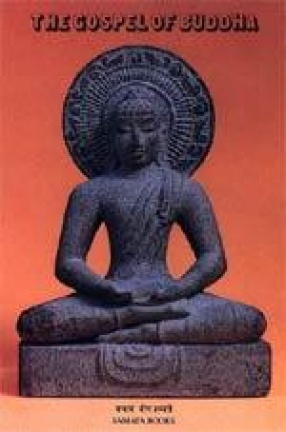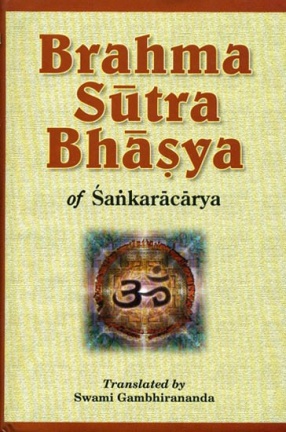Buddha condemned superstitions, mystery, tradition and rituals while practising religion. He did not permit such issues to enter the domain of his own thought-process as long as he lived. His teachings were, basically, empirical and had a scientific appeal. They were definitely of remedial nature and also psychological as they appealed to human mind directly. He started with the human suffering, sought its solution and provided ways to cope with it. So far most of the appeals made by the traditional religions were directed to the masses, but Buddha especially made his appeal to the individuals. Little before his death he advised his most ardent disciple, Ananda, to ‘be a lamp unto yourself and not to take refuge in any external entity’. He insisted that man should hold fast to the Truth and discover his own freedom with hard work coupled with wisdom. In the Dhammapada, he said that ‘only those who are wise and follow the path of dharma suggested by him, reach the other shore leaving the darkness behind and follow the light’.
The Path of Dharma
In stock
Free & Quick Delivery Worldwide
Bibliographic information
Title
The Path of Dharma
Author
Edition
1sted.
Publisher
Pustak Mahal, 2005
ISBN
9788122310009
Length
133p.
Subjects





There are no reviews yet.